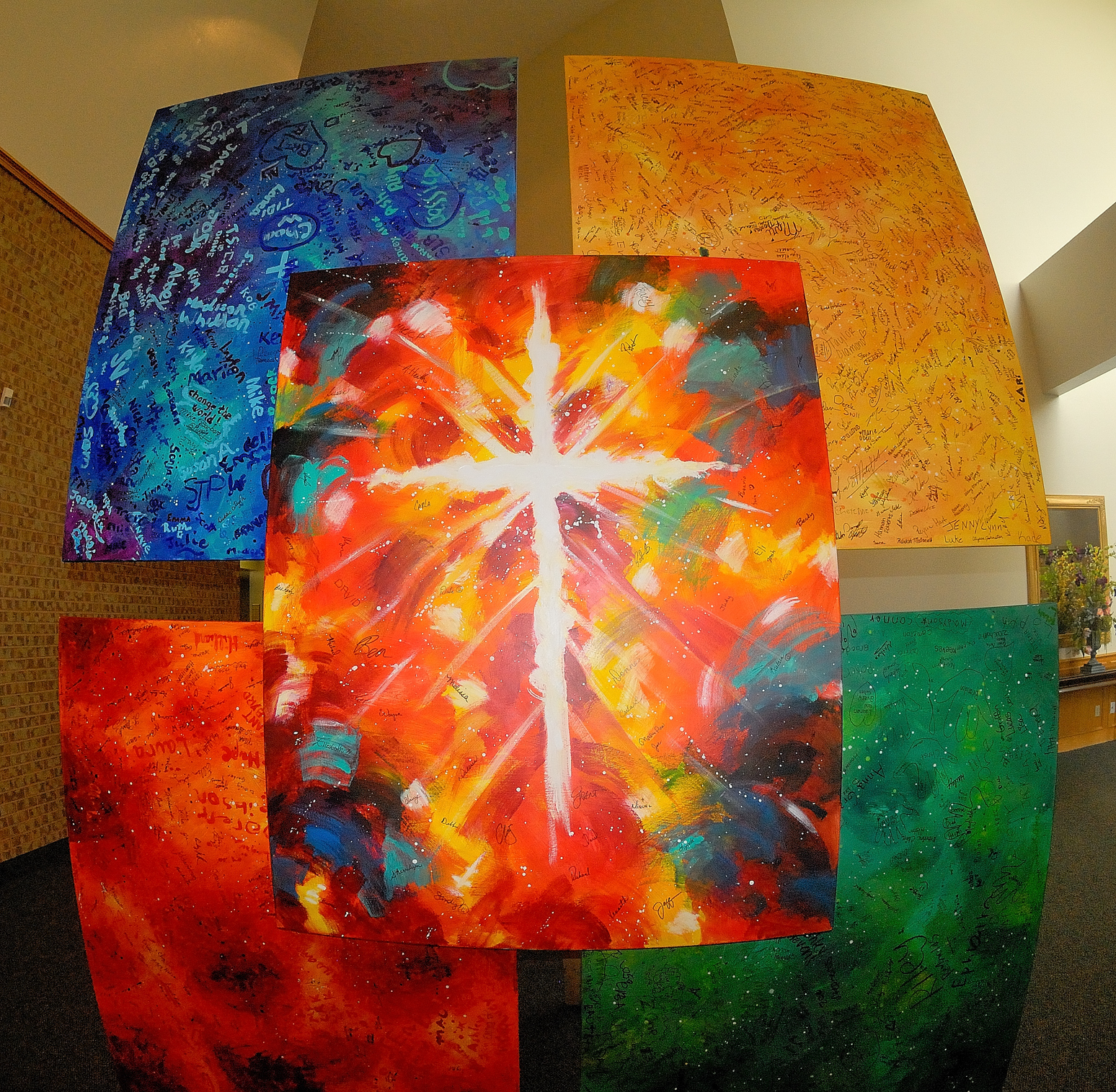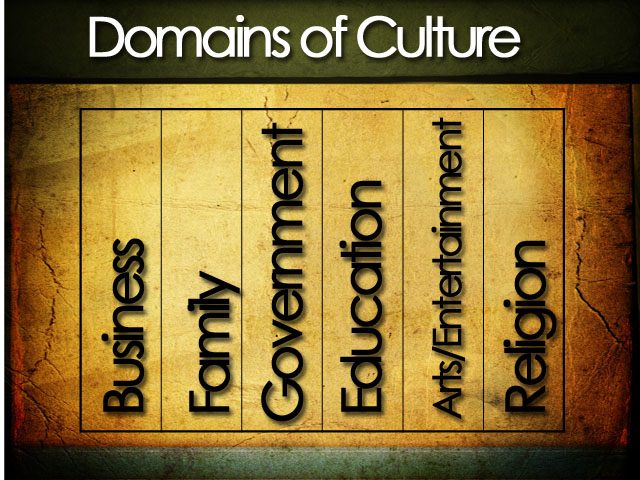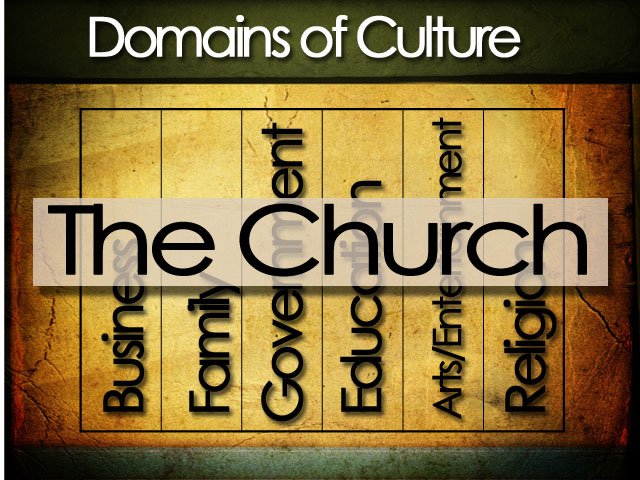A Vision of City Transformation
We’ve decided to “paint the town”. At FBC McKinney we’re discovering much about how God moves to transform a city. As God’s people we must first realize that His plan is for the whole Church to take the whole Gospel to the whole world. We must start where we are. Does a church exist unto itself? An externally-focused church will bring it’s time, talents, and resources to the mission of God in the world. A church that determines to impact it’s local community will ask a series of questions in order to the discover God’s specific mission for that unique body of believers. How are we uniquely gifted? What has God called us to do in our unique Jerusalem? How should our specific resources (of people, talents, passions, experiences, etc.) be used by God in our community? How does Christ want to transform our culture through us? How can the people of God join Him in the transformation of our city?
 God is calling us to bring the Gospel into every domain of culture (education, government, recreation, media, public safety, medical, business, etc…). Recently I challenged our people to determine their primary mission field. It is there that God is calling them to live out the “Jesus life”. We placed four different canvases and paint around our campus, each representing different domains of culture (wherever we may find ourselves primarily). Each person was given a brush and encouraged to paint his/her name on the canvas as a commitment to “paint the town” with God’s love. In so doing we’ve decided to paint the kingdom- a better story for our city. The canvases together form a giant display of our mission: Christ and His love shining brightly through each of us in our specific areas of passion and influence. We’ve learned that God has blessed us to be a blessing to others. We desire to love God so passionately others that are blessed and to love others so passionately that God is blessed. We’re learning that when we decide to show up (incarnationally- “in the flesh”) and simply serve others, Jesus shows up. They see Him in us. We have experienced, what we believe, are transferable principles as we have impacted the domain of education in our city. Through 3e McKinney we have adopted the Title 1 schools in McKinney. We have hundreds of our people investing in others at Finch Elementary School where we have simply shown up to serve them. We know that God loves every child (and family represented) at Finch, so we do too. As a result we are partnering with God in what He’s already doing there. It has been amazing. Now we’re asking some bigger questions: How does God want us to show up and bless other people in every domain of our culture? THAT’S how Christ transforms a city (a state, a nation, a world)- through His people who simply decide to show up and serve. Join us in the transformation of our world by serving someone- intentionally in the name of Jesus- today.
God is calling us to bring the Gospel into every domain of culture (education, government, recreation, media, public safety, medical, business, etc…). Recently I challenged our people to determine their primary mission field. It is there that God is calling them to live out the “Jesus life”. We placed four different canvases and paint around our campus, each representing different domains of culture (wherever we may find ourselves primarily). Each person was given a brush and encouraged to paint his/her name on the canvas as a commitment to “paint the town” with God’s love. In so doing we’ve decided to paint the kingdom- a better story for our city. The canvases together form a giant display of our mission: Christ and His love shining brightly through each of us in our specific areas of passion and influence. We’ve learned that God has blessed us to be a blessing to others. We desire to love God so passionately others that are blessed and to love others so passionately that God is blessed. We’re learning that when we decide to show up (incarnationally- “in the flesh”) and simply serve others, Jesus shows up. They see Him in us. We have experienced, what we believe, are transferable principles as we have impacted the domain of education in our city. Through 3e McKinney we have adopted the Title 1 schools in McKinney. We have hundreds of our people investing in others at Finch Elementary School where we have simply shown up to serve them. We know that God loves every child (and family represented) at Finch, so we do too. As a result we are partnering with God in what He’s already doing there. It has been amazing. Now we’re asking some bigger questions: How does God want us to show up and bless other people in every domain of our culture? THAT’S how Christ transforms a city (a state, a nation, a world)- through His people who simply decide to show up and serve. Join us in the transformation of our world by serving someone- intentionally in the name of Jesus- today.
“…just as the Son of Man did not come to be served, but to serve, and to give his life as a ransom for many.” Matthew 20:28



